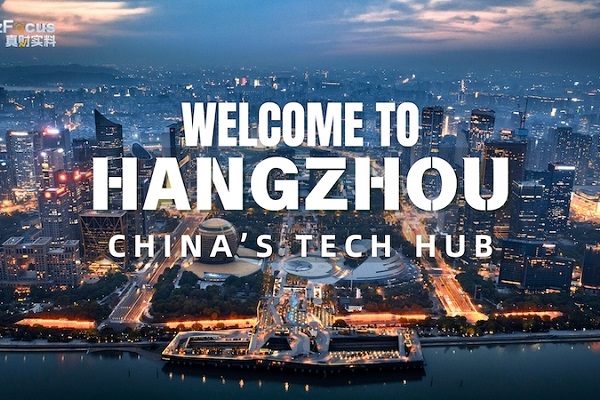Capacity of technology evolving in education
The G20 Education Dialogue held in Beijing in October zeroed in on the crucial intersection of education, technology and sustainable growth in the digital age.
The three-day event brought together more than 100 speakers, including education leaders and policymakers from G20 members, to delve into how digital transformation can enrich learning experiences and improve educational outcomes globally.
Wang Dinghua, Party secretary of Beijing Foreign Studies University, which organized the event, emphasized the transformative potential of artificial intelligence and data science in education. He noted that G20 nations share a commitment to inclusive and equitable quality education, aiming to leverage digital tools to meet the United Nations' 2030 Sustainable Development Goals.
"China, together with other G20 members, has been committed to the vision of inclusive and equitable quality education and lifelong learning opportunities for all through digital means," Wang said. The dialogue on education, technology and quality growth in the digital era offers a platform for educators and policymakers to share insights and seek solutions to common challenges, he added.
Luiz Costa, former minister of education in Brazil, highlighted the growing partnership between Brazil and China, asserting that education forms the foundation for sustainable development and technological advancement.
"As Brazil and China continue to deepen our ties, especially through partnerships in educational exchange, technological innovation and shared research initiatives, we are showing the world that collaboration between nations is key to solving the complex challenges of the digital era," Costa said.
He stressed the need to ensure that all students benefit from digital innovations, warning that technology should empower rather than hinder educational experiences. "Our challenge is to ensure that no student is left behind in this digital revolution," he said.
Echoing Costa, Andreas Schleicher, director for education and skills at the Organization for Economic Cooperation and Development, discussed the dual nature of using artificial intelligence in education, acknowledging its ability to personalize learning while also warning against potential inequities. "AI is a powerful tool, but it amplifies both good and bad practices," Schleicher said. The role of public policy is crucial in shaping how these technologies are used in educational settings, he said, calling for regulations that lead to transparent and bias-free applications.
Kylie Readman, vice-president of the University of Technology Sydney, highlighted that technology alone cannot foster educational success and meet the needs of a new generation of students in higher education. "It requires a commitment to purpose, a desire for connection and an environment of learning that promotes student success," she said.
Throughout the dialogue, participants engaged in deep discussions about the impact of digital transformation on education, sharing their experiences and exploring collaborative pathways for the future. A youth dialogue also took place, where young leaders from G20 members discussed how educational technology can address climate change challenges.
The consensus emerged that while technology enhances accessibility and equity in education, it cannot replace the invaluable role of teachers. Education transforms lives, and the purpose of education remains unchanged regardless of technological advancements, said Li Youwen, an associate professor at Beijing Foreign Studies University. "Nothing, even the best technology, can replace a good teacher," she said.
Also held over the three days, the G20 Basic Education Dialogue and the G20 Vocational and Technical Education Dialogue attracted experts and administrators from G20 members to engage in in-depth discussions on leveraging digital technologies to transform educational systems and prepare students for the demands of the future workforce.
-
Xixi Wetland invites visitors to Huazhao Festival
March 25, 2025
-
Hangzhou sets standard for concert hosting
March 19, 2025
-
What is making Hangzhou the new tech powerhouse of China?
March 10, 2025
-
Inside Hangzhou: China's high-tech dream factory
March 12, 2025



